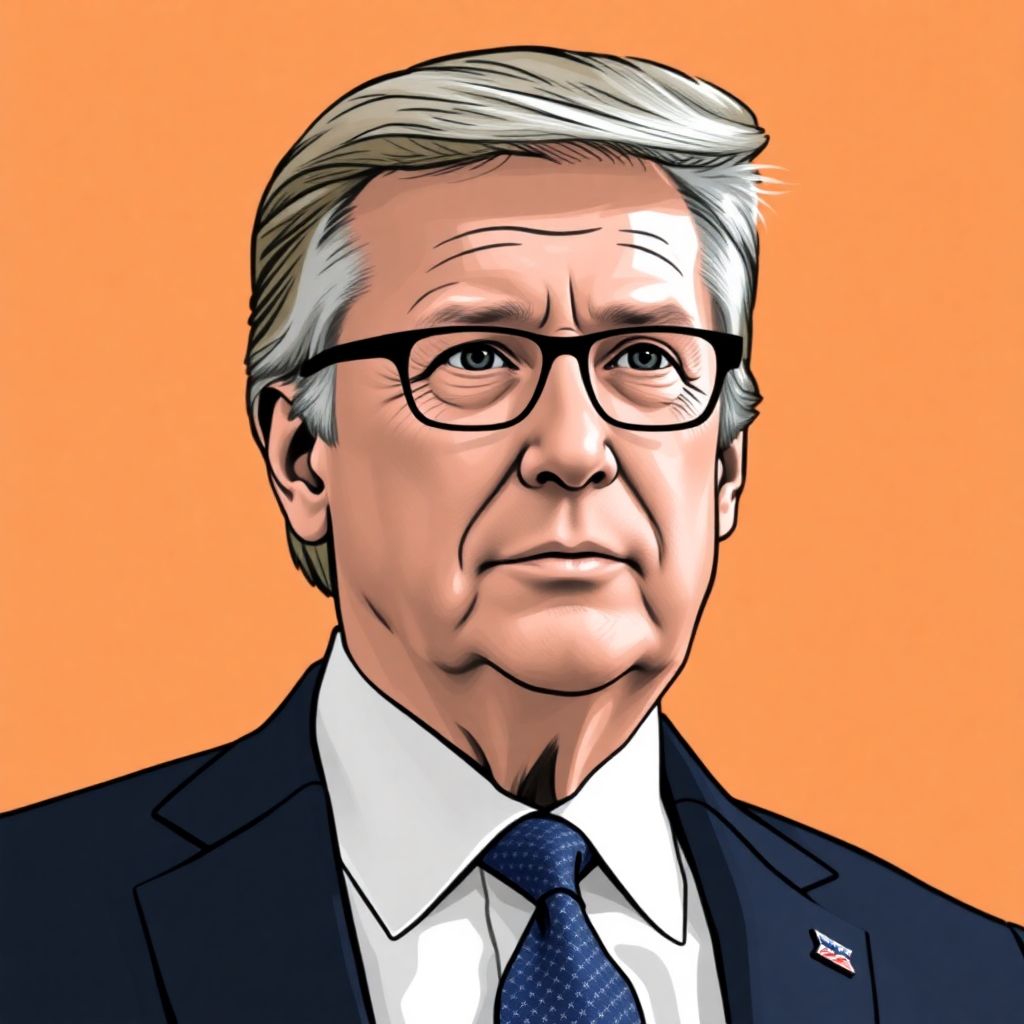Former U.S. President Donald Trump has reportedly chosen Michael Selig, a prominent figure in cryptocurrency regulation, to lead the Commodity Futures Trading Commission (CFTC), according to a recent Bloomberg report. Selig currently holds the position of chief counsel for the U.S. Securities and Exchange Commission’s (SEC) crypto-focused task force, where he has played a key role in shaping a more digital asset-friendly regulatory approach.
Selig’s nomination signals a strategic move by the Trump camp to align federal financial regulators more closely on cryptocurrency policy. His leadership at the SEC’s pro-crypto task force has been instrumental in pushing forward initiatives aimed at modernizing oversight frameworks to better accommodate digital assets. This nomination, if confirmed, would place him at the helm of the CFTC, the agency primarily responsible for overseeing derivatives markets, including crypto futures and other complex instruments.
The appointment also represents a political win for Tyler and Cameron Winklevoss, well-known crypto entrepreneurs and vocal Trump supporters. The twins reportedly lobbied in favor of Selig and against Brian Quintenz, the previous front-runner for the CFTC role, who currently leads crypto policy at Andreessen Horowitz. Their influence appears to have swayed Trump toward a candidate with a more aggressive pro-crypto stance.
Selig’s potential elevation to CFTC chair is seen by industry insiders as a strong indicator that a more unified and crypto-supportive regulatory environment may be taking shape. With both the SEC and CFTC potentially under leadership that favors digital innovation, the U.S. crypto industry could see more consistent policy development and fewer turf wars between agencies.
The CFTC has traditionally taken a more lenient approach to digital assets than the SEC, classifying cryptocurrencies like Bitcoin and Ethereum as commodities rather than securities. However, with increasing overlap between crypto products and traditional financial instruments, regulatory clarity has become a pressing concern. Selig’s experience in navigating these regulatory gray areas could help streamline oversight and promote innovation while maintaining investor protection.
Market participants are closely watching this development, as the leadership of the CFTC plays a crucial role in determining how emerging sectors such as decentralized finance (DeFi), tokenized commodities, and crypto derivatives are governed. A Selig-led CFTC could mean a more collaborative and forward-looking approach to rulemaking, potentially accelerating the integration of blockchain technologies into mainstream financial systems.
Additionally, Selig’s legal background and previous advocacy for clearer digital asset definitions could lead to more robust coordination between the SEC and CFTC. This alignment might reduce regulatory uncertainty that has long plagued U.S.-based crypto firms, contributing to a more favorable environment for startups and institutional investors alike.
The timing of this decision is also notable, as the 2024 presidential election looms. Trump’s renewed interest in crypto policy reflects a broader political calculation: capturing the growing base of digital asset enthusiasts and entrepreneurs who increasingly view regulatory reform as essential for innovation and economic growth.
Furthermore, Selig’s nomination may impact international perceptions of U.S. crypto regulation. As other jurisdictions, such as the European Union and the United Kingdom, move forward with comprehensive digital asset policies, a unified U.S. approach could bolster its position as a global hub for blockchain innovation.
If confirmed, Selig will face immediate challenges, including finalizing rules for crypto derivatives, addressing the classification of tokens, and navigating the legal implications of decentralized platforms. However, his track record suggests a willingness to engage with both industry stakeholders and policymakers to forge pragmatic solutions.
In summary, the potential appointment of Michael Selig to lead the CFTC marks a pivotal moment in U.S. crypto regulation. With his deep expertise, industry support, and political backing, Selig could help usher in a new era of regulatory clarity and innovation for the American digital asset ecosystem.

